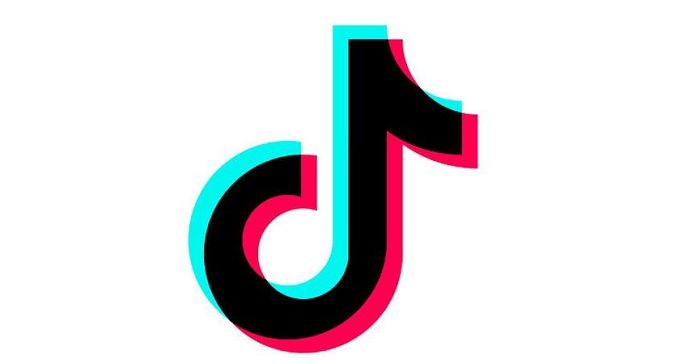Social Media
TikTok Will Submit Algorithms and Moderation Processes for Review to Ease Concerns Around CCP Meddling
- By Brett Belau
16 Aug

As part of its broader effort to reassure western lawmakers of its independence from Chinese Government meddling, TikTok will now enable US data hosting partner Oracle to regularly review its algorithms and content moderation models, in order to ensure that they are not being manipulated by Chinese authorities.
As reported by Axios, the new process will see TikTok submit its algorithms for assessment by Oracle ‘to ensure that outcomes are in line with expectations and that the models have not been manipulated in any way’.
The reviews will also incorporate audits of TikTok’s content moderation processes, which may help the company avoid further regulatory scrutiny, and calls for bans, amid ongoing concerns from security experts, lawmakers and foreign policy analysts.
TikTok has repeatedly been criticized for alleged CCP interference, including the censorship of certain anti-China topics, the implementation of extreme moderation models and other examples of manipulation of its app.
TikTok has denied all such claims, but with recent reports also showing that more and more young people are now additionally relying on TikTok for discovery, and for news content, the influence of the app is clearly on the rise, which will further escalate tensions around its growth.
Tensions between the US and China remain high after Speaker of the House Nancy Pelosi’s recent trip to Taiwan – which, in China’s view, is not an independent territory. And while the US Government doesn’t officially recognize Taiwan as an independent country, it has repeatedly vowed to help Taiwan protect itself against potential Chinese attacks, which would essentially pit the US against China in a regional conflict.
This is just one example of ongoing concern, which is why many view TikTok as a security risk, because TikTok, via Chinese-owned parent company ByteDance, is subject to China’s tough cybersecurity regulations, which means that the CCP can call on ByteDance to provide US user data, if and when it so chooses.
There’s nothing to suggest that such data has ever been requested by the Chinese Government, but security experts remain highly skeptical of the app, and highly concerned about the risks that it may pose from a surveillance perspective.
Just recently, FCC Commissioner Brendan Carr published an open letter that called on both Apple and Google to remove TikTok from their app stores due to TikTok’s ‘pattern of surreptitious data practices’, which specifically relates to how it shares data with its Chinese parent company.
Last month, Australian cybersecurity firm Internet 2.0 published a new analysis which suggested that TikTok collects ‘excessive’ amounts of user data, including checking device location at least once an hour, continuously requesting access to contacts (even if the user originally denies such), tracking all installed apps, and more.
The ongoing concerns around TikTok have kept the app front of mind with US regulators, and policymakers in other regions, which could eventually lead to further action, if TikTok is unable to counter such with its own insights and reportage.
Which is what it’s hoping to achieve with this new partnership, and with Oracle now also hosting all of TikTok’s US user data, that too could help establish clearer division between the short video app and its Chinese parent company.
Though ultimately, TikTok is owned by a Chinese company, and that company is beholden to CCP regulations.
Whether that becomes a bigger concern, or whether this new process offers enough assurance to calm things down, remains to be seen.
Source: www.socialmediatoday.com, originally published on 2022-08-16 16:25:20
Connect with B2 Web Studios
Get B2 news, tips and the latest trends on web, mobile and digital marketing
- Appleton/Green Bay (HQ): (920) 358-0305
- Las Vegas, NV (Satellite): (702) 659-7809
- Email Us: [email protected]

© Copyright 2002 – 2022 B2 Web Studios, a division of B2 Computing LLC. All rights reserved. All logos trademarks of their respective owners. Privacy Policy

![How to Successfully Use Social Media: A Small Business Guide for Beginners [Infographic]](https://b2webstudios.com/storage/2023/02/How-to-Successfully-Use-Social-Media-A-Small-Business-Guide-85x70.jpg)



![How to Successfully Use Social Media: A Small Business Guide for Beginners [Infographic]](https://b2webstudios.com/storage/2023/02/How-to-Successfully-Use-Social-Media-A-Small-Business-Guide-300x169.jpg)


Recent Comments